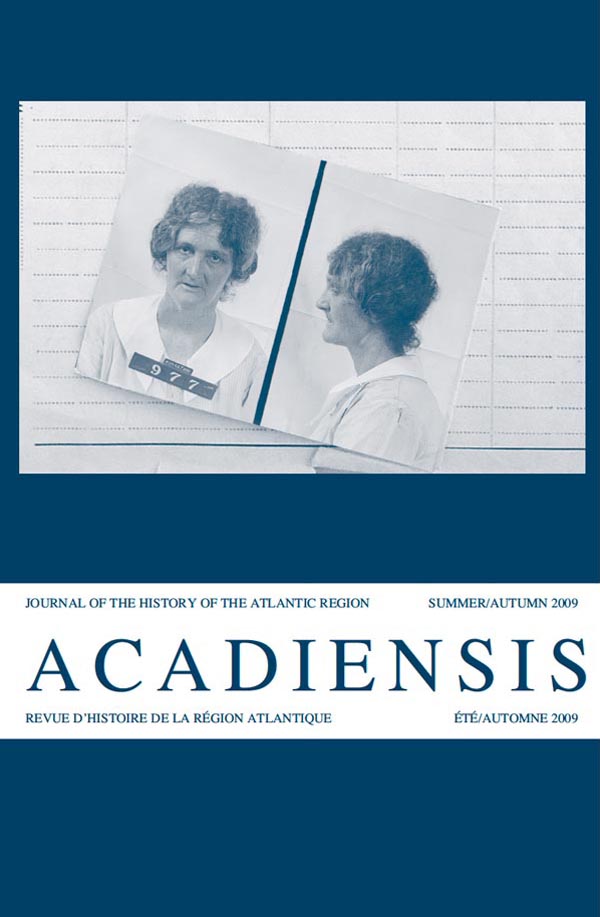Abstract
While accepting that the supplanting of Mi’kma’ki and Wulstukwik by the Maritime colonies entered a crucial phase during the waning years of the “long” 18th century, this article argues that the process was characterized by a complex and distinctive pattern. That dispossession was widespread is beyond doubt, even though the evidence also suggests significant spatial variations in the scale and implications of environmental change. Yet a continuing Native ability to represent complaints and demands based on longstanding treaty obligations, and to extract conciliatory responses from reluctant imperial officials, also persisted during this period. Résumé Tout en reconnaissant que le remplacement de Mi’kma’ki et de Wulstukwik par les colonies des Maritimes entra dans une phase cruciale dans les dernières années du « long » 18e siècle, cet article soutient que ce processus présentait des caractéristiques complexes et distinctives. Il ne fait aucun doute que la dépossession était une pratique répandue, même si les preuves suggèrent aussi que l’ampleur et les répercussions du changement d’environnement variaient considérablement selon le lieu. Néanmoins, on assista aussi durant cette période à la persistance d’une capacité soutenue des Amérindiens de faire valoir leurs doléances et leurs demandes en invoquant des obligations de longue date issues de traités, et d’obtenir des réponses conciliantes de la part de fonctionnaires impériaux récalcitrants.Copyright for articles published in this journal is retained by the author(s), with Acadiensis being granted a non-exclusive licence to each and every right in the work throughout the world. After publication of the work, the author(s) shall have the right to self-archive the work and to reprint the work in whole or in part in books authored by or edited by the author(s) without the payment of any fee. In these other formats, however, the author or authors are required to acknowledge the original publication of the work in the pages of the journal. In the case of any requests to reprint the work, Acadiensis will require a standard permission fee -- to be divided equally between the journal and the author. In the event that such requests are received by the author(s), the author(s) shall direct such requests to the journal.

